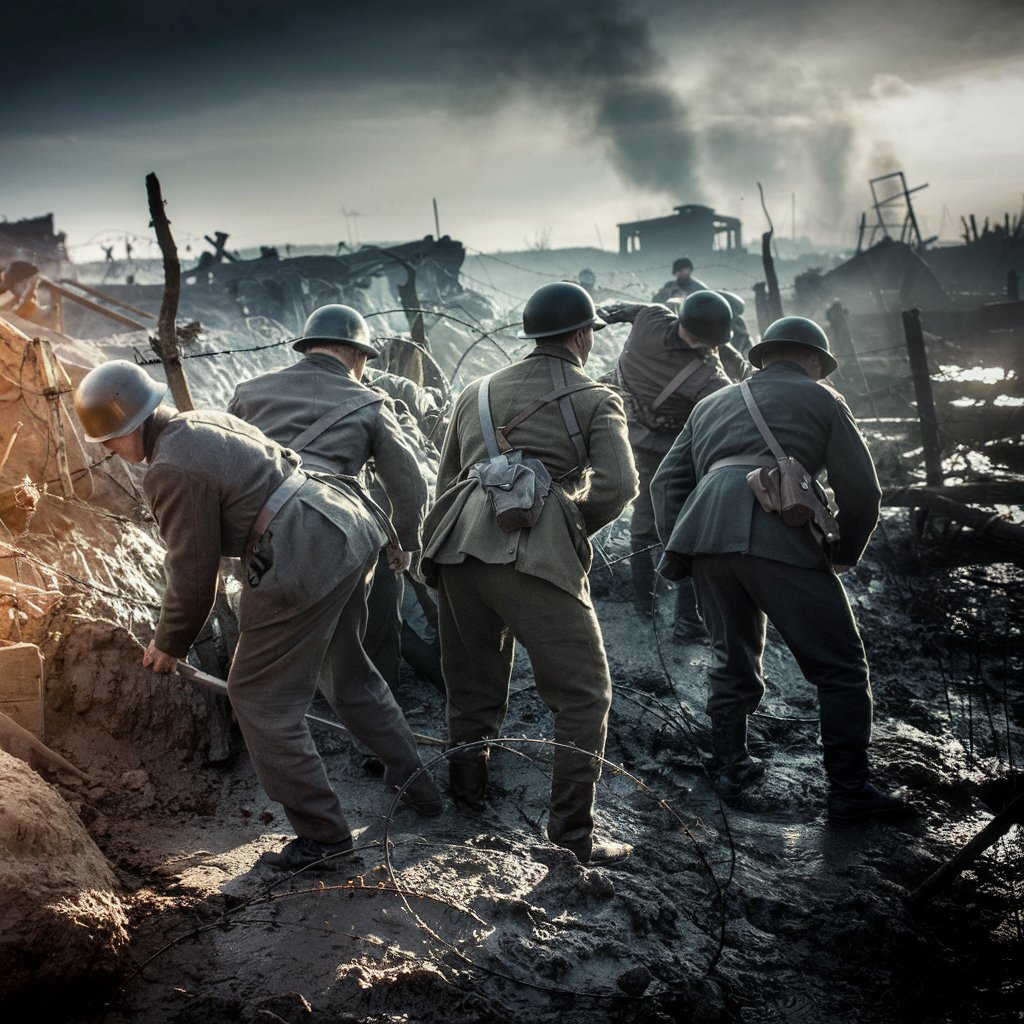The World Wars of the 20th century were pivotal events that shaped the course of modern history. These conflicts not only altered national borders but also transformed societies, economies, and political landscapes worldwide. Understanding the causes, key events, and consequences of the World Wars is essential to grasp the complexities of contemporary global issues. This exploration delves into the significant battles and turning points of World War I and World War II, as well as the ensuing conflicts and their lasting impacts on international relations and societal structures.

World War I
World War I, often referred to as “The Great War,” spanned from 1914 to 1918 and was marked by unprecedented levels of destruction and loss of life. The primary causes included nationalism, imperialism, militarism, and a tangled web of alliances. Key battles, such as the Battle of the Somme and the Battle of Verdun, exemplified the brutal trench warfare that defined this conflict. The war ended with the signing of the Treaty of Versailles in 1919, which imposed heavy reparations on Germany and reshaped the political landscape of Europe. This treaty sowed the seeds of resentment that would later contribute to World War II.
World War II
World War II, fought from 1939 to 1945, was a global conflict that involved most of the world’s nations. It was characterized by significant events such as D-Day, where Allied forces launched a massive invasion of Nazi-occupied France, and the Battle of Stalingrad, which marked a turning point on the Eastern Front. The war culminated in the use of atomic bombs on Hiroshima and Nagasaki, leading to Japan’s surrender. The aftermath of World War II brought about the establishment of the United Nations and a new geopolitical order, setting the stage for the Cold War.

Post-War Conflicts and Consequences
The conclusion of the World Wars did not bring about a lasting peace; instead, it led to a series of post-war conflicts that reshaped the global landscape. The Cold War emerged as a geopolitical struggle between the United States and the Soviet Union, influencing international relations for decades. Other significant conflicts, such as the Korean War and the Vietnam War, were rooted in the ideological battles of the time, further complicating the quest for global stability. The consequences of the World Wars extended far beyond the battlefield. Socially, these conflicts led to significant changes in gender roles, with women taking on new responsibilities as men went off to fight. Economically, the devastation of Europe necessitated a Marshall Plan for recovery, while politically, the dismantling of empires gave rise to new nations and movements for independence. The lessons learned from these wars continue to resonate today, influencing contemporary debates about war, peace, and international cooperation.


